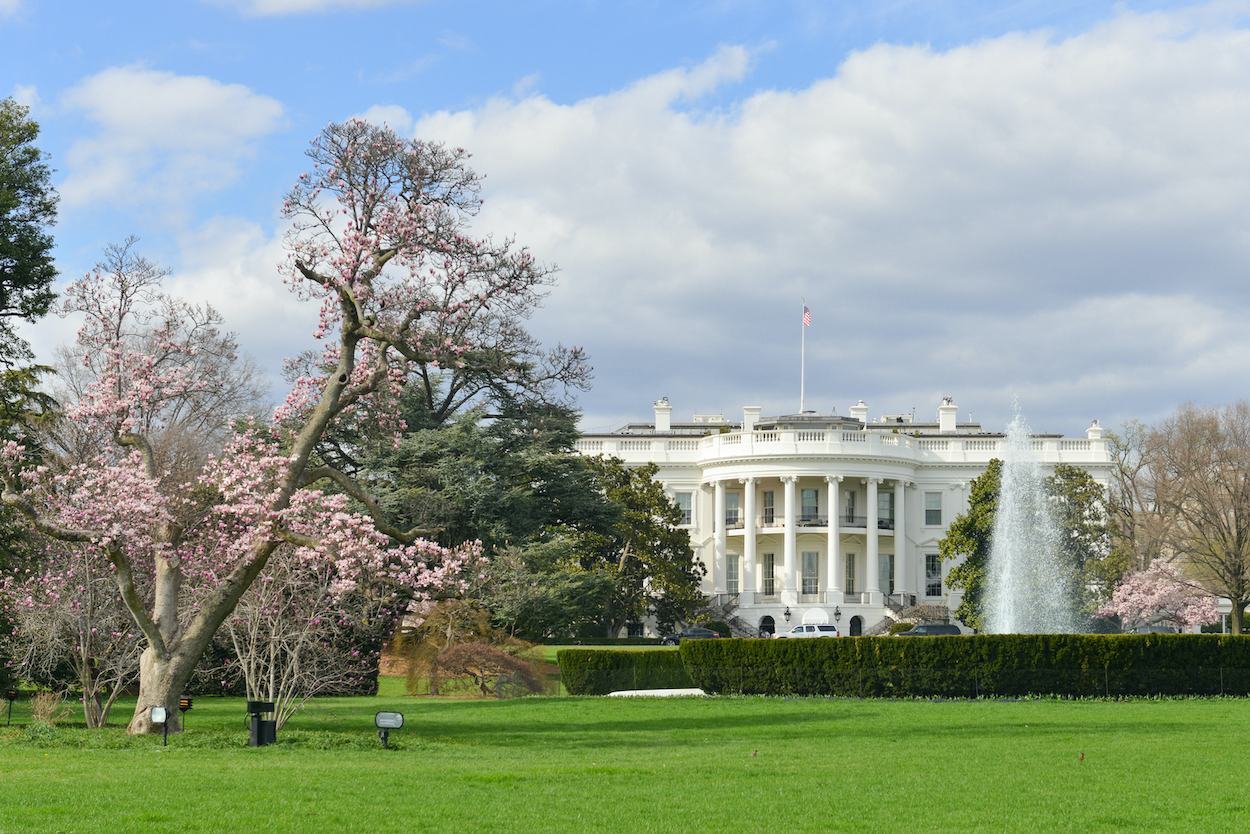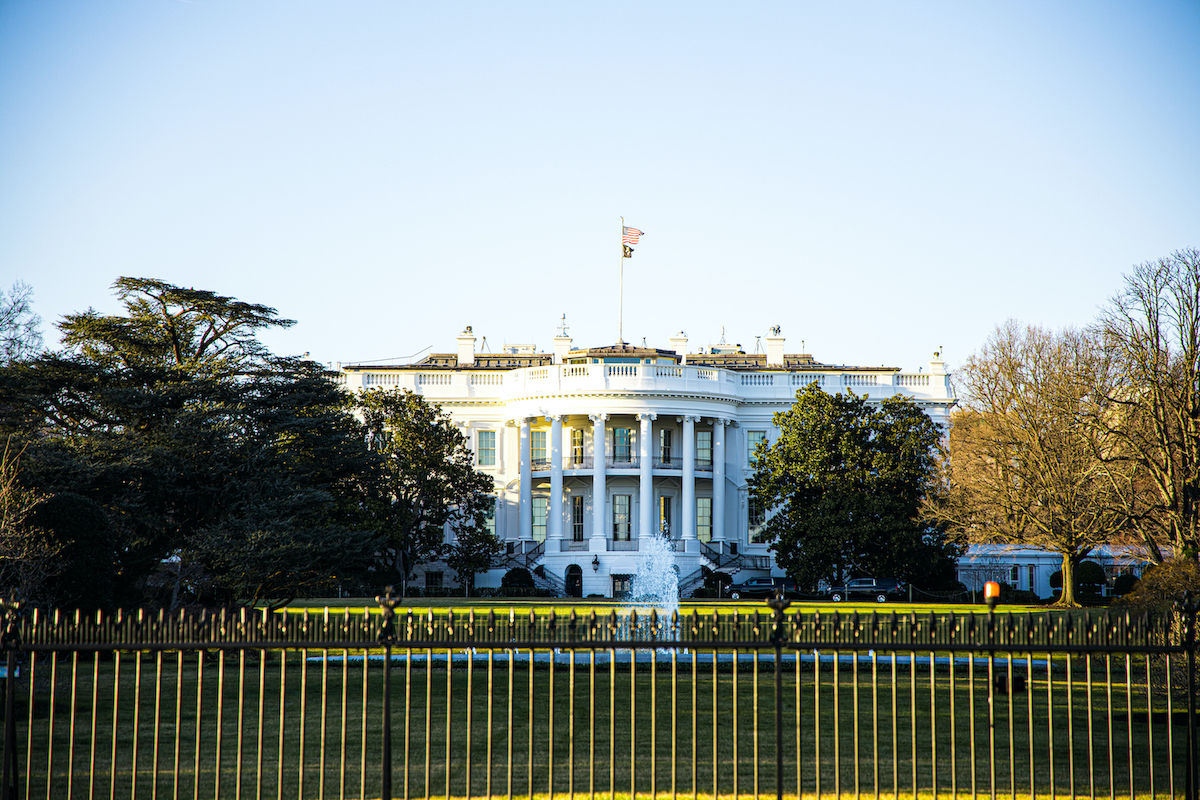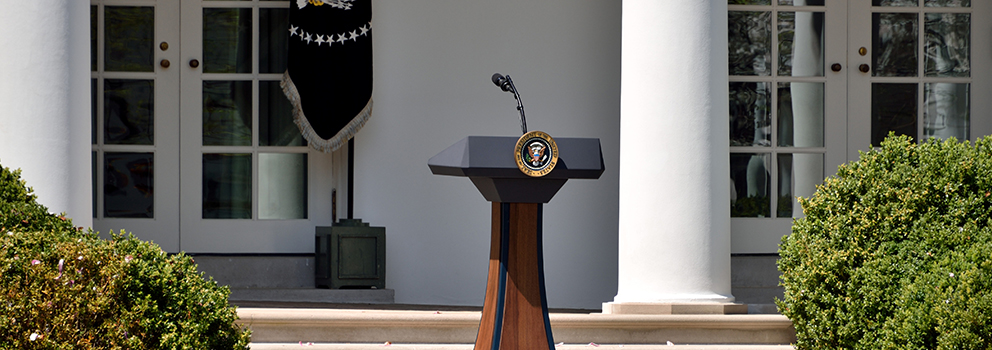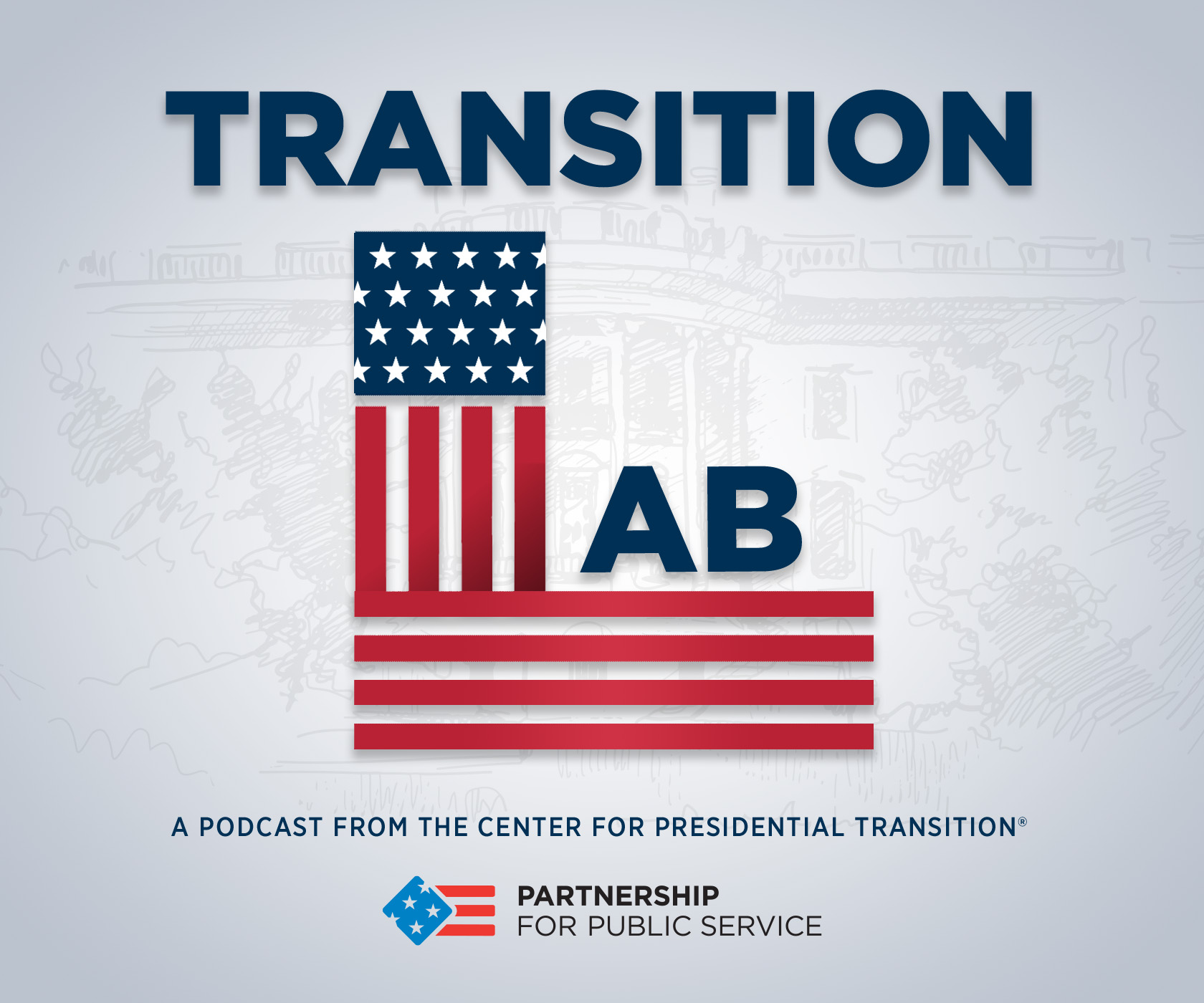Ready to Serve: Prospective Appointees
Frequently Asked Questions About the Political Appointment Process
The Center for Presidential Transition® has gathered answers to the most frequently asked questions about the political appointment process. These responses are not a substitute for the information provided by the official forms and materials. Please review the official application instructions and consult legal professionals, if necessary, when applying for a political appointment.
Before submitting an application, read all directions carefully and examine the materials on our Ready to Serve® website. You should also review the incoming administration’s policies on ethics commitments by executive branch personnel. Resumes and personnel recommendations intended for the Trump administration should be directed here.
The incoming administration’s transition team will contact you about next steps if it would like to proceed with your application. The process will vary depending on the type of position you are seeking. All positions will require a background investigation, with more extensive investigations reserved for national security positions. Aspiring appointees can expect to fill out financial disclosure forms and participate in interviews.
Private organizations occasionally create job banks to identify prospective candidates. One current job bank is the Heritage Foundation Project 2025 presidential personnel database. Potential applicants can also contact candidates’ campaign offices and query how best to apply.
- PAS positions (approximately 1,200 positions): Presidential appointments requiring Senate confirmation. These are the top-level senior positions: Cabinet secretaries, agency heads, deputy secretaries, undersecretaries and assistant secretaries. U.S. marshals and members of certain boards and commissions also require Senate confirmation.
- NC-SES positions (approximately 750 positions): The Noncareer Senior Executive Service includes positions classified above the GS-15 level. These positions are just below the top presidential appointees, linking the top officials to the rest of the workforce.
- PA positions (approximately 450 positions): Presidential appointments that do not require Senate confirmation. These are senior-level positions, including jobs within the Executive Office of the President such as senior White House aides and advisors.
- Schedule C positions (approximately 1,550 positions): Schedule C positions comprise the largest number of political positions. Schedule C refers to the statutory authority for the appointment. Most of these positions are confidential or policy-determining roles at the GS-15 level and lower.
View a summary of political appointments with descriptions here.
The political appointment process involves many forms, which is why the Center recommends beginning this process as early as possible. Every person hired for a federal job will be asked to complete a background check. Nominees will be asked to complete either a Questionnaire for National Security Positions (SF 86) or a Questionnaire for Public Trust Positions (SF 85P). The government is in the process of consolidating these forms into one Personnel Vetting Questionnaire. A checklist for how to complete the SF 86 can be found here. Review the Center’s blog post about the form requirements of different positionshere.
There are several additional forms for financial and ethics screenings. Additionally, the White House Office of Presidential Personnel may ask you to complete its own questionnaires to determine if they would like to move forward with your application.
Most positions will also require that you to complete the Public Financial Disclosure Report (OGE Form 278e). Individuals applying for junior or less sensitive positions will likely fill out the Confidential Financial Disclosure Report (Form OGE 450), which does not require public disclosure.
Nominees for Senate confirmed positions will be required to fill out separate committee questionnaires. Read more about background checks and security clearances here.
The most recent PLUM Data published by OPM lists all the political jobs that are available in 2024. The PLUM Data provides information on more than 8,000 federal government positions, including about 4,000 political appointments.
The Plum Book, which had been published every four years and now will be updated yearly in an online, searchable format, provides the location, pay scale and name of the incumbent for each position. Researching the background of an incumbent can be a useful way to predict your general qualifications for that position. While requirements for each position will change from administration to administration, this initial research is a good place to start. Find more information on exploring job opportunities here.
Keep in mind that a new or second-term administration will likely receive anywhere from 150,000 to 300,000 applications.
If you are not quickly contacted by the administration, it does not mean you will not get a call at a later date. In the meantime, do not inundate the Office of Presidential Personnel with calls or emails. That outreach can risk leaving a bad impression on the reviewer and hurt your chances of being considered for a position. Read the Center’s blog on behavior to avoid when applying for an appointment.
Melody Barnes, an assistant to the president and director of White House Domestic Policy from 2009 to 2012, emphasized the importance of networking when she was interviewed during a “Transition Lab” podcast episode.
The PLUM Data published by OPM is a great resource to assess the pay scale of different positions. Jeffrey Neal, former chief human capital officer for the Department of Homeland Security, outlines the six most common types of political jobs and their pay scale here.
Specific security clearance guidelines may differ depending on a candidate’s current position and a newly proposed job. Whether you have a clearance or not, you will still need to submit a new SF 86. The information must be current and up to date when seeking a new position. The SF 86 is over 100 pages, so it is important to review the form early.
The SF 86 asks candidates to disclose “close and/or continuing contact” with foreign contacts within the last seven years. The form specifies that the candidate should list any foreign contact that they, their spouse, or legally recognized civil union/domestic partner, or cohabitant is “bound by affection, influence, common interests, and/or obligation.” Candidates should also include associates as well as relatives not previously listed in Section 18 of the form.
It is not necessary to disclose the names of foreign individuals with whom you do not have continuing contact. When in doubt, always choose to disclose more information than less information.
Many people with complex finances hire private lawyers for support. People with average or limited assets are less likely to need legal assistance when completing financial disclosure forms. If you are having difficulty completing the financial disclosure form, you may consider consulting an accountant or possibly hiring a lawyer to assist you.
Looking for more resources?
The Center for Presidential Transition® has webinars, blogs and podcast episodes to help you learn about and navigate through the appointment process.
Webinars
Articles

Are You Ready to Serve in the Biden Administration?

How (Not) To Get a Job in an Administration: Five Lessons From Transition Experts

Advice for prospective political appointees: Get an early start filling out security and financial disclosure forms

Demystifying the presidential appointee vetting process

Five tips for getting through the Senate confirmation process

Navigating the screening process for high-level political appointees

I Was Offered a Political Appointment—How Much Will I Be Paid?

Nine Tips for Following Government Ethics Rules


